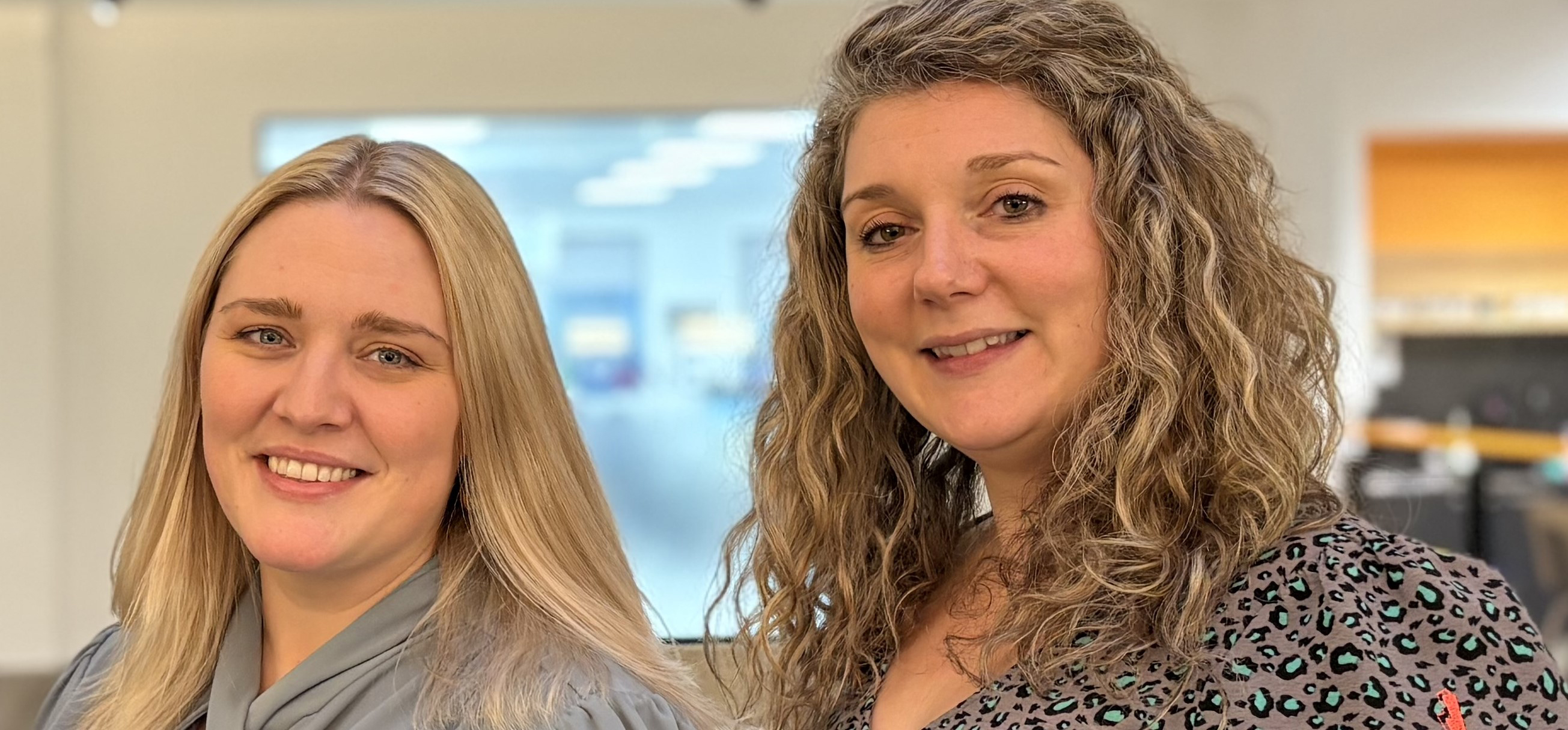Herts spin-out ImmuONE secures £600,000 to advance animal-free drug testing

A University of Hertfordshire spin-out company has secured an additional £600,000 to expand its pioneering human lung model that offers a more accurate alternative to animal testing.
ImmuONE, a biotech start-up - founded by former student Dr Abigail Martin and Herts Professor of In Vitro Toxicology, Victoria Hutter - received the funding from the Midlands Engine Investment Fund, Mercia Ventures, and Pioneer Group, bringing its total investment to £3.5 million.
The latest capital injection will help the company enhance its laboratory model, expand into new industries such as agriculture and automotive, and grow its 12-person team by hiring two additional scientists.
Dr Martin said: “Our goal is to help companies avoid unnecessary animal testing and provide more accurate and relevant test results.
“This latest funding will enable us to expand our range of tests and assays and apply our model across multiple industries.
“We will also work with regulators to shift industry standards toward animal-free testing.”
It is estimated more than 90% of drugs that pass animal studies fail in human trials. This is because animal models are not always reliable when it comes to predicting drug safety or toxicity in humans.
ImmuONE aims to address this challenge with its cutting-edge 3D human lung – a brainchild of Dr Martin who wanted to find a more reliable and ethical alternative for respiratory testing of chemicals or particles that we might inhale that did not require animal testing.
She created the first prototype as part of her PhD under the supervision of Professor Hutter while studying at Herts.
The company, founded in 2019, originated from the ICURe (Innovation to Commercialisation of University Research) programme, where Dr Martin identified significant industry demand for 3D lung model platforms in preclinical testing.
ImmuONE’s proprietary technology grows human lower lung tissue and immune cells in a laboratory, creating a 3D model that closely mimics human lung physiology.
This enables companies to test the effects of drugs, chemicals, and inhaled substances on small airways and lung inflammation without using animals or invasive human tissue sampling.
Since its £2 million investment in 2023, ImmuONE has expanded into new premises in Milton Keynes and a laboratory space in Stevenage.
The company has upgraded its equipment and broadened its services to include advanced immunology testing, evaluating substances for their long-term impact on lung inflammation.
ImmuONE’s unique 3D lung model combines lower lung tissue and immune cells, setting it apart from conventional models that primarily focus on epithelial cells - specialised cells that line the surfaces of the body.
The company’s technology incorporates alveolar macrophages - critical immune components - to provide a comprehensive assessment of lung immune responses.
ImmuONE’s technology could become increasingly valuable as industries face mounting pressure to eliminate animal testing
Prof Hutter said: “We are scientists at heart, driven by a passion for discovery and innovation.
“We founded this business to transform cutting-edge academic research into real-world solutions for our industry clients.”
If you’re a Herts academic, researcher or student with the next great spin-out idea, the University of Hertfordshire may be able to support you to realise your potential and that of your innovation - get in touch to see how we can help by emailing be@herts.ac.uk